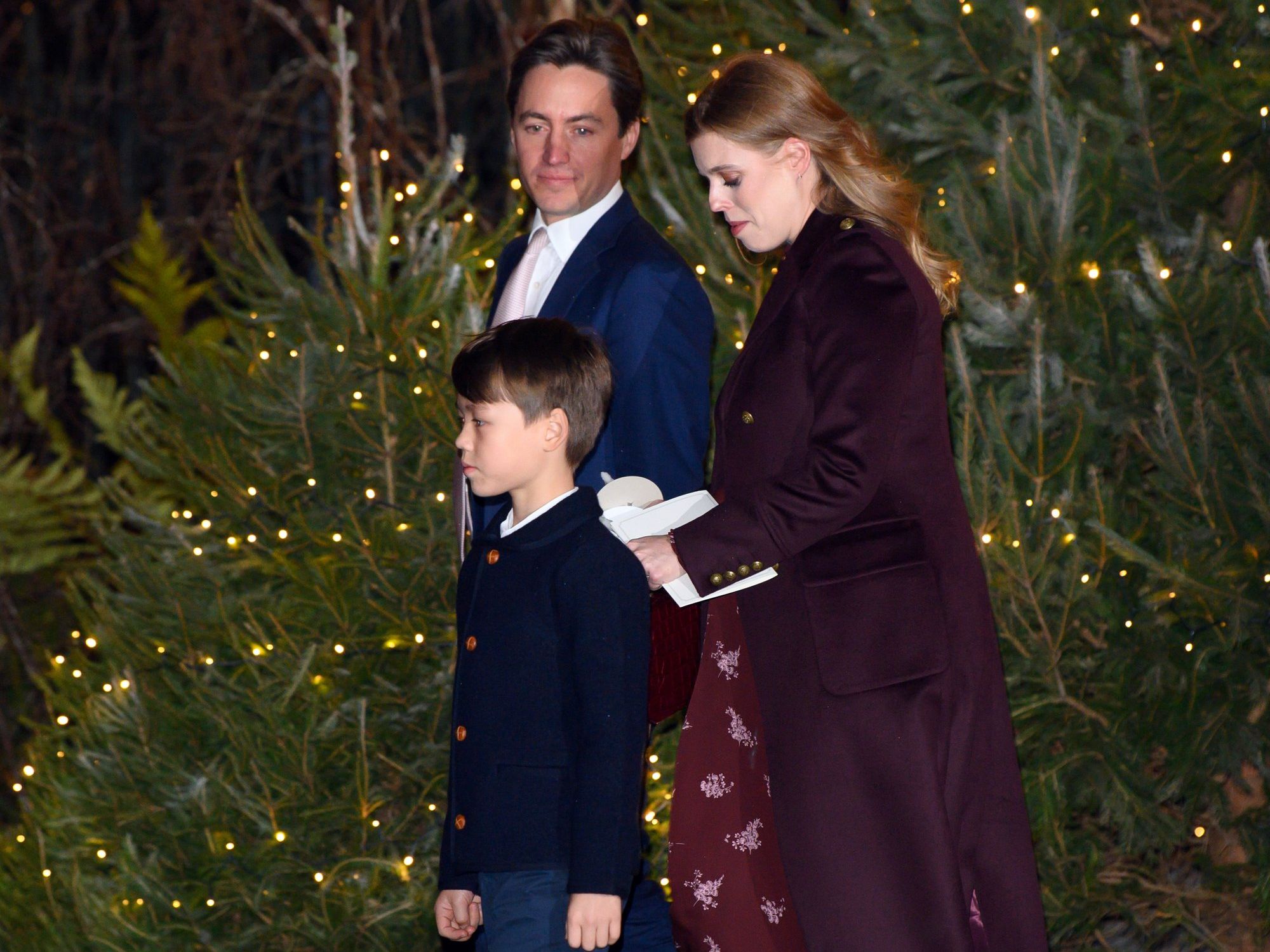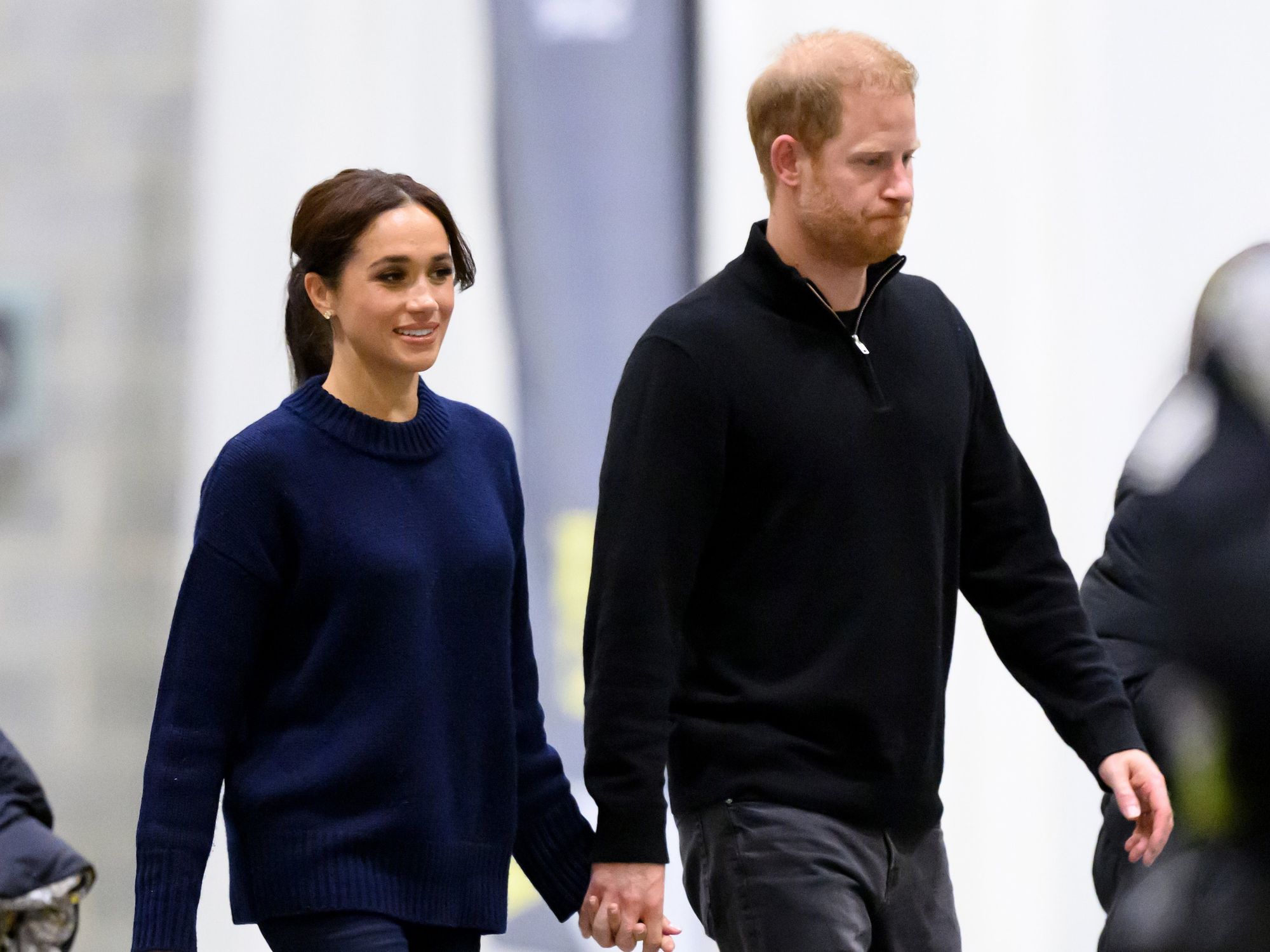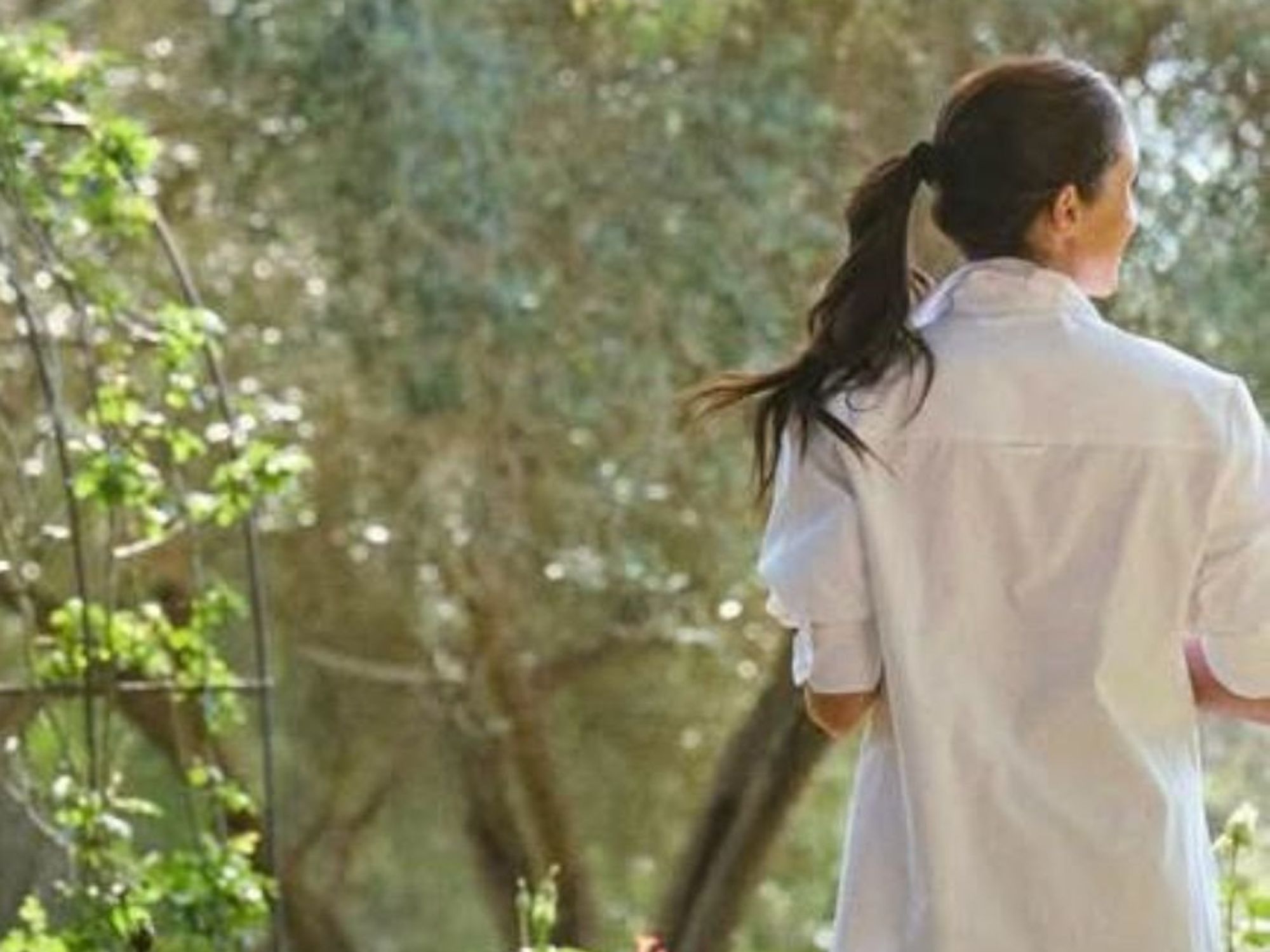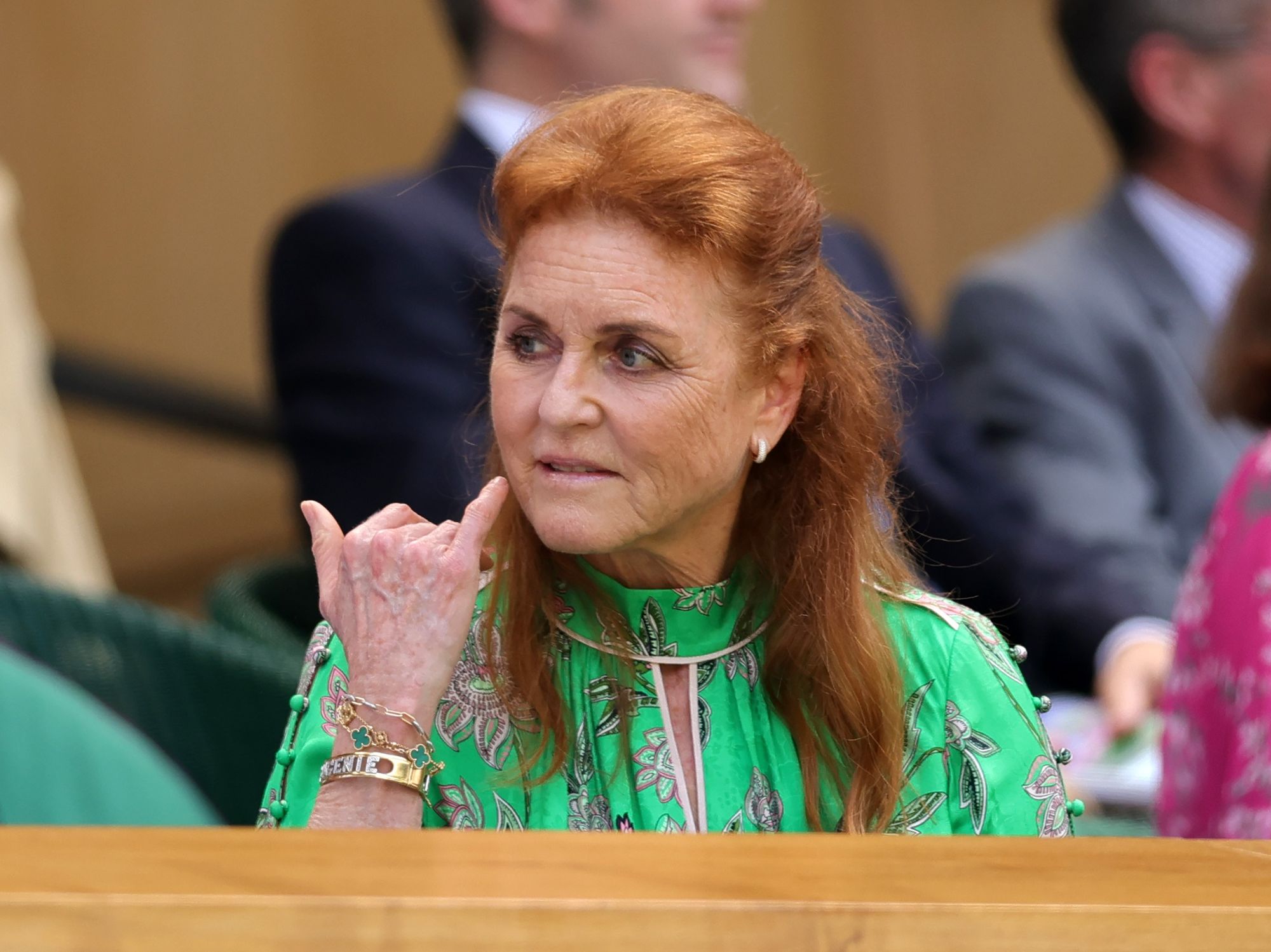The PROOF Britons are turning their backs on the BBC for GB News as new radio data shows WOKE won't work

GB News Radio has been unveiled as the country's fastest-growing news station yet again
Don't Miss
Most Read
Latest
GB News Radio's audience increased by a staggering 43 percent in the past 12 months, ratings body RAJAR has confirmed.
After just two years on the airwaves, GB News Radio now reaches its biggest audience ever, with 455,000 listeners tuning in each week.
This represents a year-on-year growth of 43 percent and is in stark contrast to the likes of Times Radio, TalkRadio and LBC (London), all of whom recorded losses of between 9-10 percent of audiences in the same timeframe.
While pleasant reading for everyone at GB News and a true testament to its loyal audience, the BBC may want to look away.
The BBC Radio Network (collectively all BBC local and national stations) is down by three percent in terms of reach while the likes of BBC Radio 5 live, BBC Radio 2 and BBC Radio 4 Extra are down four, nine and 10 percent respectively.
And it's in no small part down to GB News' presence on the airwaves, with radio consultant Lee Roberts explaining how GB News and other stations have begun "chipping away" at the Beeb's audience as they seek alternatives to the Beeb's agenda.
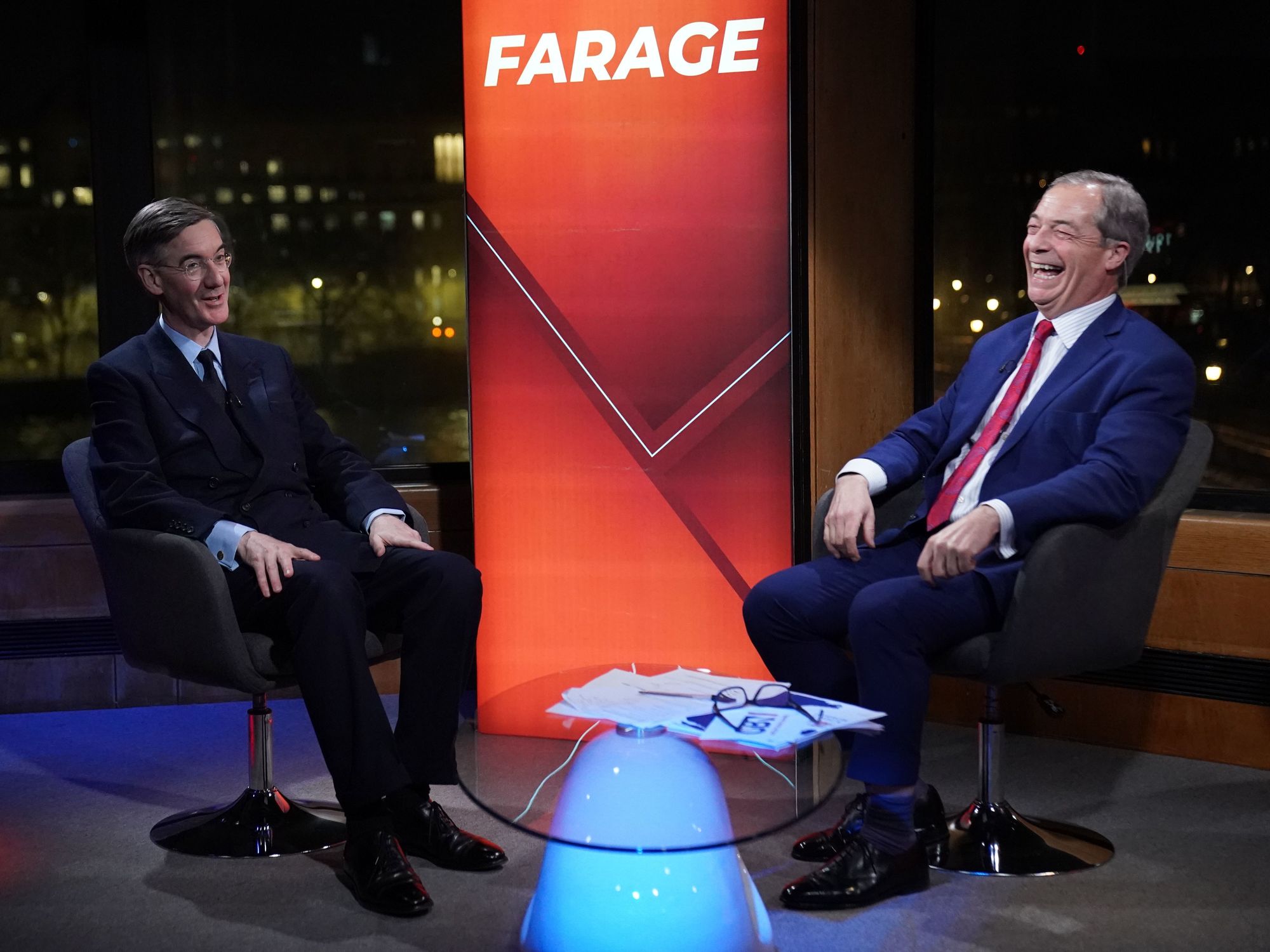
More listeners than EVER are tuning into GB News Radio as it continues to make its mark on the airwaves
|PA
"Because we're a new station, we are pretty dramatic," Roberts began. "We are comparatively new and we're on a - what I call - a good solid organic growth curve. We're growing steadily quarter by quarter and have been for the last two years.
"So we are a good business in terms of showing really good growth potential. What's interesting is that not a great deal has changed quarter on quarter for many stations... Most stations are showing plus or minus a few percent, so it's not particularly dramatic.
"We are different because we've gone up massively. Our reach has gone up by 43 percent and that's in the context of really solid growth over the last two years. Even quarter on quarter we're going up about six percent so we're showing really good solid growth over the last 12 months.
"So our year-on-year growth is 43 percent. Contrast that if you like with someone like Times Radio, (they're) down by nine percent year on year. BBC Radio 4 is down by about three percent year on year but they're static in terms of current quarter-on-quarter growth.
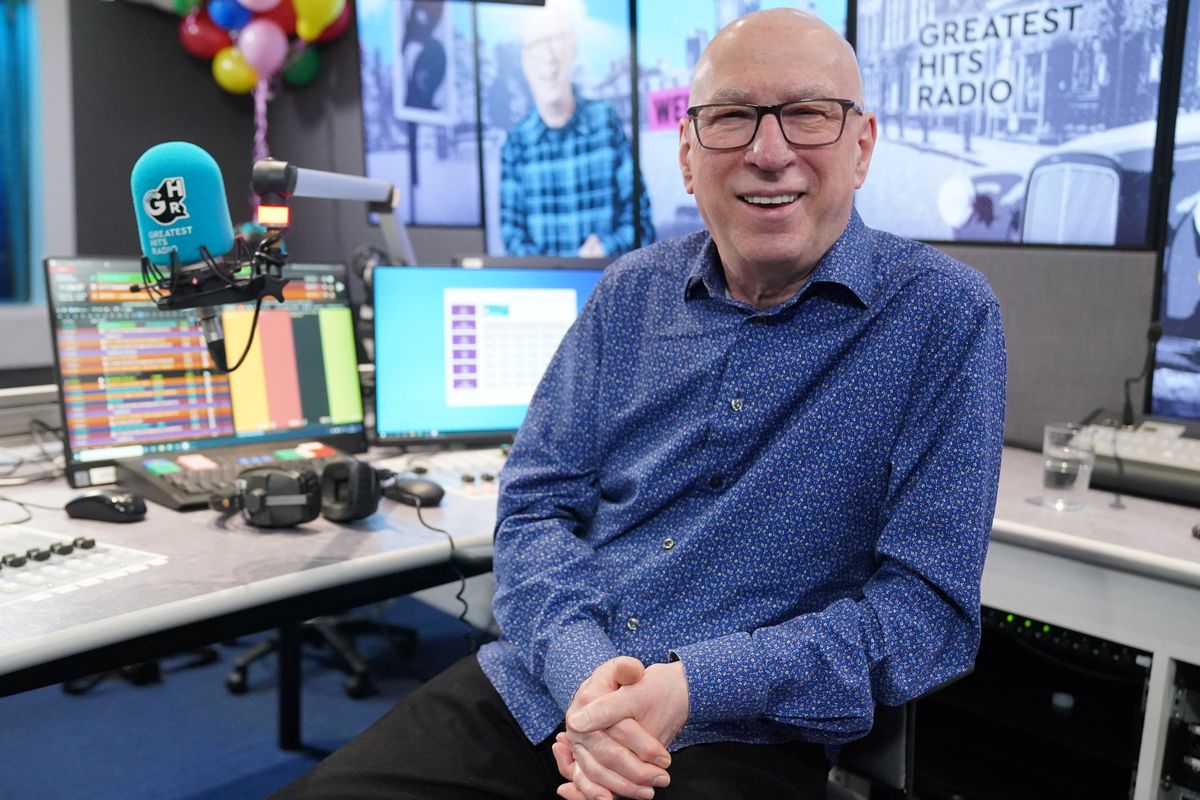
Ken Bruce's Greatest Hits Radio has also recorded positive figures since he was ditched by the Beeb
|PA
"BBC Radio 5 Live is down overall. 5 Live is down quarter-on-quarter by 12 percent in reach. They're actually down by 4.2 percent year on year. BBC Local Radio is down colossally, they're down by about 18 percent."
While the surge in popularity of newer and trailblazing stations such as GB News has attracted new listeners, Roberts pinpointed another reason why the Beeb appears to haemorrhaging audience members.
"I'll tell you why. It's because the BBC has been deprioritising local radio, massively cutting it and therefore putting more and more simulcast services out across the day and just making cuts. BBC Local Radio is losing its identity. It's taken the brunt of most of the cuts in radio," he explained.
Turning his attention to one station specifically, Roberts went on: "5 Live is interesting because you could argue they've been hit more than anyone - by us, by Talk Radio, even by Times Radio! Radio 4 is quite unique. So it's completely economical to the private sector, but 5 Live is much more commercial in terms of being lower cost and it's all about live news, live sport - I mean, sport's expensive, but the live talking (and) sports side is much more like what we do and Talk does and even Times does.
"And so they've been suffering, they've been seeing decline over the last four or five years. They're down now to just 31 million (listening) hours (per month), which I think is their lowest ever.
"If you think that two years ago, they were around 41 million hours and declining. They did get to 41 million again about about six months ago but they're back down to 31 million which I think is one of the lowest figures ever."
So is the BBC's loss of listeners a trend Roberts foresees continuing? "Yeah! Let's take BBC Radio 2, it was always the absolute star of the BBC because it was so large. Radio 2 now is falling quite a lot. It's losing out to stations like Greatest Hits Radio. And also brands like Magic, the Virgin variants, etc, they're all chipping away at Radio 2 in the same way.
"And so they're now down across the year by about 8.5 percent year-on-year on both reach and listening hours.
"(In the new data) GB News is the star performer. Technically, Greatest Hits Radio has done better than us in terms of growth. They're up about five percent but that's more because they've just rebranded existing stations. So it's not really organic growth.
LATEST DEVELOPMENTS:
- Andrew and Bev in revealing chat as he tells us why he wanted to find his birth mother - GBN MEMBER EXLUSIVE
- Phillip Schofield's ex This Morning co-stars make feelings clear on social media comeback after year absence
- Sir Rod Stewart fumes 'shut the f*** up' in blistering rant to radio star over Scottish football comments

GB News Radio has excelled in the latest RAJAR figures - while the BBC has slumped
|GB NEWS/PA
"It's taking a station like Hallam FM or Hallam Gold or whatever it was called and rebranding it as Greatest Hits Radio, that's been the problem.
"But when you put it all together, (we're all) chipping away at Radio 2. That's what's happening. All of us are slowly attacking Radio 4 slowly. There used to be 10.5 million to 11 million listeners, now that's down to 9.2 million listeners. The low point was about a year ago 8.9 so they've fallen quite a lot.
"And their hours have gone down. Back at the end of 2021, it was 123 million listening hours a week - now they're down to 110 thereabouts. The last couple of quarters they've been as low as 105. So they're being hit by people like us."
Roberts went on to deliver his prediction for how the BBC will attempt to combat the likes of GB News, Absolute, Greatest Hits and co from pinching listeners.
"It's an open conversation," he laughs. "I suspect they'll stay as they are and just keep cutting back. And they'll launch more podcasts and use that as the basis for diversity and use the low-cost-running digital services to operate more stations, but with lower audiences."
GB News has contacted the BBC for comment on the RAJAR figures.







